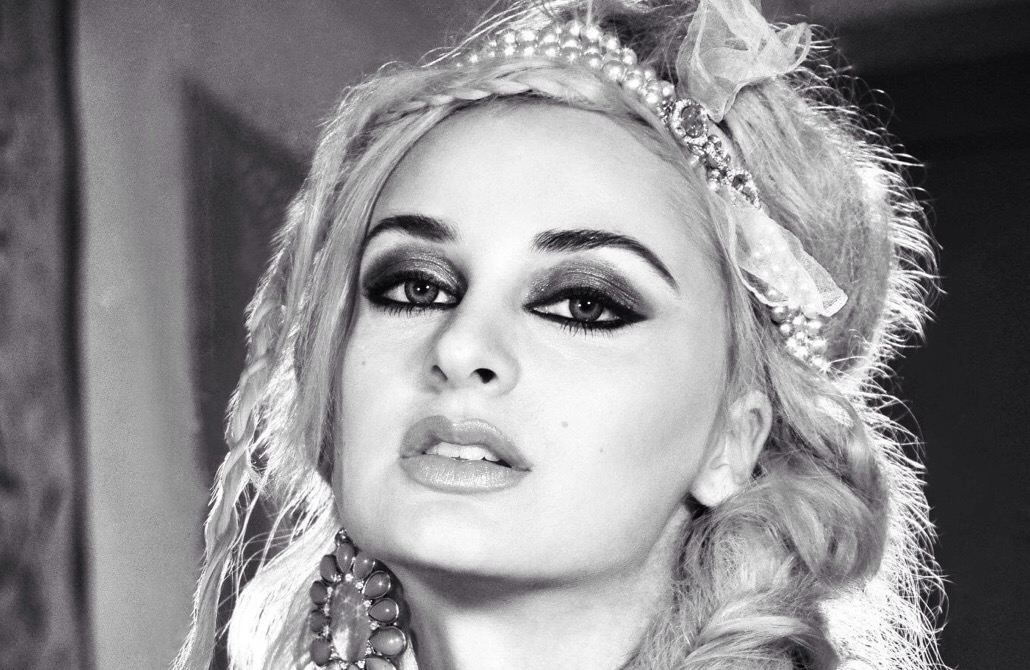boti
Administrator
Now I believe at least 2 Stray Kids members are on pills and something is definitely wrong with Changbin.
This is him before.
This video is meant to show how unrecognizable he looks now, due to the extreme weight gain.
He is not fat. He is obese. He is not "trained", nor muscular.
This is Thomas DeLauer. He weights a lot, but he trains, used to be obese and switched his fat with muscles. The body of a heavy person, built on muscles, looks different than Changbin's.
Changbin seems to be a bad pairing with Hyunjin, because he now often talks about food, more than usual, in the same weird Jungkook style, then Changbin always calling for him to eat together and Changbin's family sending food...
this is a disaster.
Not to mention, as always, that fat people have no business trying to dance on stage. You can't be a dancer if you're fat. You can't execute any dance movements.
This is him before.
You don't have permission to view attachments. Attachments are hidden.
This video is meant to show how unrecognizable he looks now, due to the extreme weight gain.
He is not fat. He is obese. He is not "trained", nor muscular.
This is Thomas DeLauer. He weights a lot, but he trains, used to be obese and switched his fat with muscles. The body of a heavy person, built on muscles, looks different than Changbin's.
You don't have permission to view attachments. Attachments are hidden.
Changbin seems to be a bad pairing with Hyunjin, because he now often talks about food, more than usual, in the same weird Jungkook style, then Changbin always calling for him to eat together and Changbin's family sending food...
this is a disaster.
Not to mention, as always, that fat people have no business trying to dance on stage. You can't be a dancer if you're fat. You can't execute any dance movements.
Atașamente
You don't have permission to view attachments. Attachments are hidden.




